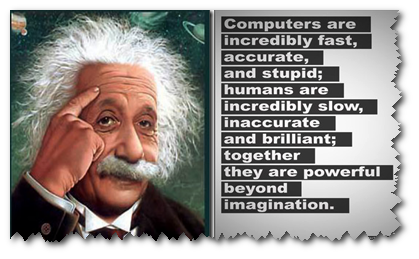SEATTLE: Aside the obligatory stories of initial disbelief on being informed that he had won the Nobel Prize (“Is this a crank call? Good Swedish
Venkatraman Ramakrishnan's family |
accent you have there!”), there was the family drama – or lack of it – when the news sank in.
Venkatraman “Venky” Ramakrishnan (“Ambi” to family) figured it was too early to call his father and sister in Seattle, where it was 2 a.m. local time, to tell them the good news. His daughter Tanya, a physician in Portland, Oregon, was in the same time zone, and his son Raman, a professional cellist, was traveling on the road and incommunicado.
Why, he could not even tell his wife Vera, because she was out walking in their Cambridge neighborhood and she did not have a cell phone. Yeah, that is typical of the family. The Nobel winner does not own a car and rides a bicycle to work.
But back in Seattle, Prof C.V.Ramakrishnan’s phone started ringing off the hook at 2 a.m. because son Ambi had listed his father’s home as his U.S address. A CBS reporter was the first to call. “Are you sure it’s Venky who has won?” the Prof, himself a distinguished academic (he founded the bio-chem department at Baroda’s M.S.University in 1955), recalls asking. “There are so many Ramakrishnans even in the U.S.”
He asked them to call Lalitha, Venky’s sister, a microbiologist at the University of Washington, who lives just down the street from him in Seattle’s university area. She asked the reporter who else had won, even as her husband Mark Troll, a chemist, booted up the computer to check the headlines. Told the names of the American and Israeli co-winners, she sighed, “I guess it’s true. They are his colleagues and rivals in the same field.”
By the time Venky phoned at dawn, they were ahead of the curve. Friends, colleagues, peers, had already been calling from all over the world. The rest of the day passed in a whirl. When your correspondent tootled down to join the family for dinner, the table was overflowing with half-dozen desserts – three that Prof CVR himself had made (mango ice cream, pear ice cream, and shrikand), plus guests bringing in kheer, gulab jamun, and rasmalai.
There are no medals, scrolls, or citations in dad’s spare home, but memories and familial annotations of Venky’s genius are rich. There is banter about congratulatory calls from long-forgotten rivals and contemporaries, and jokes about the media scrum. Lalitha’s school-going daughter Maya (Venky’s niece) who’s momentarily rebelled against science in a family steeped in it (she prefers music and fashion) is mulling her career options now, while her brother Rajan looks like keeping the family tradition going as he furiously does his math homework at the dinner table.
In fact, looks like it’s the family eco-system, as much as the environment at universities in California, Ohio, Utah, and Cambridge, wich Venky has traversed, that has propelled him to Nobel heights. His mother, the late Rajalakshmi Ramakrishnan, was his father’s peer and contemporary for much of her academic life, and it was natural that his sister, is daughter, his brother-in-law are all wedded to science.
The one exception is Raman, a graduate of Juilliard School of Music and a member of Yo-Yo Ma’s Silk Road Ensemble, although the exactitude needed of a cello and cellist might also qualify him to be a scientist. On this balmy evening in Seattle, family chatter veers around to what will be Venky’s first priority in spending the Nobel prize money (one-third of $ 1.4 million) – to buy a car or a new cello for Raman, who’s playing with a commonplace $ 12,000 instrument. A good Stradivarius, mind you, can cost as much as $ 200,000.
For a Nobel laureate who rides a bicycle to work that should be a no-brainer.
Source:




No comments:
Post a Comment